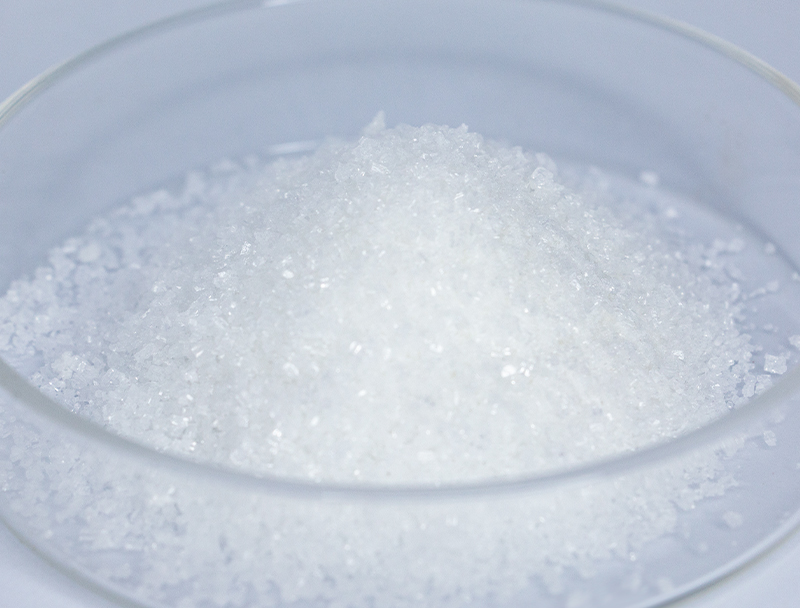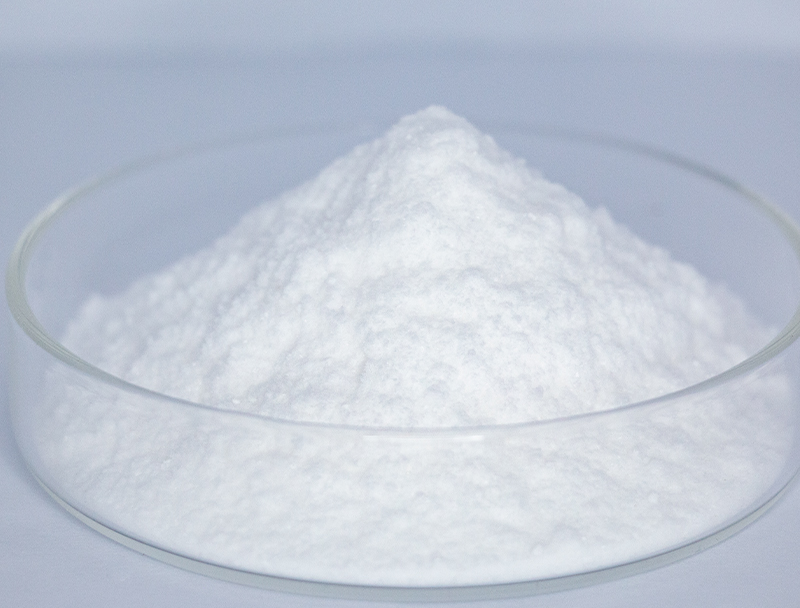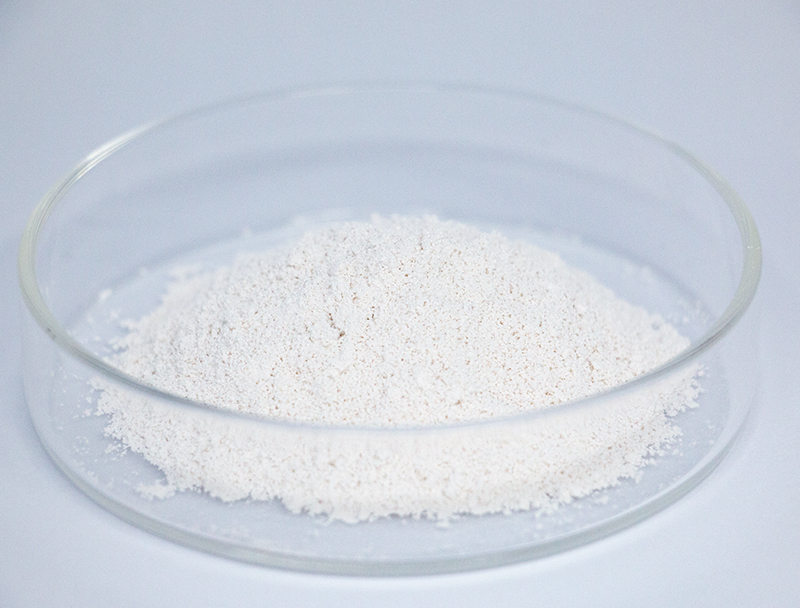
Bioprocessing depends strongly on a plentiful suite of substrates to manufacture advanced biological products.
Preserving long-term supply of raw inputs forms the foundation of durable, responsible industrial growth.
various risks tied to conventional feedstock acquisition including carbon-intensive impacts and resource exhaustion. Hence, industry players ought to pursue innovative supply solutions to lower carbon burdens.
- Illustrations of eco-conscious sourcing involve:
- Adopting organic-origin materials from crop remnants
- Operating reuse-focused platforms to lower discard and increase efficiency
- Connecting with nearby vendors prioritizing responsible supply
Adopting sustainable feedstock strategies yields environmental wins alongside fiscal sustainability.
Enhancing Biomass Composition for Superior Biofuel Results
Advancing fuel production depends on feedstock consistency and composition. Researchers repeatedly investigate innovative methods to enhance feedstock potential, creating higher productivity and an eco-friendlier fuel landscape. Methods encompass cellular engineering to augment biomass output and refining processes to liberate fermentable carbohydrates.
- In addition, projects pursue feedstocks like algae, waste fractions, and harvested residues to enlarge the selection of eco-friendly biomass for bioenergy.
- Thanks to continuous exploration the sector is prepared to realize considerable strides toward an eco-friendlier energy mix.

Enhanced Upstream Strategies for Biopharmaceutical Yield
covers the early phases of biopharma production including culturing and biological harvesting New innovations across this area have produced enhanced manufacturing methods that boost yields.
Meaningful breakthroughs include engineered cell strains, enhanced culture formulations, and modular reactor designs. The improvements increase output while decreasing cost structures and sustainability impacts.
- Likewise, the move to continuous systems facilitates better adaptability and streamlined upstream production.
- The progression to advanced biomanufacturing approaches should modernize the field and quicken therapeutic progress.

Next-Gen Gene Editing for Enhanced Protein Expression
breakthroughs in precise gene modification systems have reshaped biopharma production. Through controlled genetic modifications, practitioners increase therapeutic protein production. These methods could enable production of accessible and efficient medicines tackling diverse health challenges.
Using Microbial Systems for Site-Specific Remediation
novel biological remediation techniques leveraging microbial metabolisms for pollution control. Microorganisms possess the remarkable ability to degrade and transform harmful pollutants into less toxic substances.. Leveraging microbial biotransformation promotes sustainable remediation that curbs industrial environmental impacts.. Study groups probe microbial metabolic diversity to tackle metals, persistent pesticides, and hydrocarbon spills.. These microbes operate in engineered systems or direct environmental applications to metabolize and remove contaminants.
Using microbes for cleanup carries distinct advantages compared with chemical or physical remediation approaches. This method provides a low-cost, low-waste alternative to conventional remediation. Also, microbial interventions offer targeted remediation that minimizes collateral ecosystem disturbance. The field is rapidly refining methods to make microbial remediation more efficient and broadly effective.
Data-Driven Approaches for Therapeutic Development
Bioinformatic tools play an increasingly crucial role in the modern landscape of drug discovery and development. By analyzing biological data to select and improve leads, computational methods support efficient drug development.
- By analyzing vast datasets of genomic, proteomic, and clinical data, bioinformaticians can uncover novel drug targets and predict the activity of potential therapeutics.
- Furthermore, computational modeling of drug–target interactions aids rational design of higher-performing therapeutics.
- Finally, data-driven informatics is changing drug development and hastening patient access to effective therapies.
Metabolic Design Approaches to Boost Bioproduct Yields
deploys several tactics to elevate cellular production of valuable biochemicals. Methods might combine targeted gene changes to rechannel flux, regulatory element design to control expression, and exogenous gene introduction to provide fresh capabilities.. Through strategic metabolic edits practitioners can markedly increase the synthesis of target products.
This combined approach has capacity to change industries from drug manufacture to food production and bioenergy.

Barriers and Benefits When Expanding Biopharmaceutical Manufacturing
Moving from bench to commercial scale creates complex challenges and valuable opportunities. Maintaining consistent product attributes with scale-up remains a central difficulty. Addressing it demands strong process governance, accurate real-time analytics, and advanced measurement systems.

Complexity in multi-step biomanufacturing operations presents ongoing operational challenges.. Adapting protocols for industrial scale requires considerable development work and engineering advances.. Despite challenges, the benefits may be considerable. Successful industrialization can broaden availability, trim costs, and raise profitability.
Several projects are designed to mitigate these scaling barriers. Efforts include process-digitization tools, integrated analytics for monitoring, and fresh manufacturing paradigms.
- Developmental projects contribute critically to scaling manufacturing competency.
- Government agencies are streamlining review procedures to permit quicker uptake of new production technologies and foster innovation.
Regulatory Considerations to Maintain Biopharmaceutical Safety and Performance
Bringing biologics to market involves rigorous regulation designed to protect patients and confirm therapeutic benefit. Products of biological origin introduce specific challenges that differ from standard drug development.
Regulators such as the FDA and EMA define authorization pathways and quality standards for new biologic medicines..
Meticulous validation protocols are enforced from preclinical validation to long-term post-market evaluation.. These steps are designed to surface risks and verify that biopharmaceuticals comply with elevated safety thresholds..
Moreover, oversight agencies continually refine approaches to align with accelerating scientific progress in therapeutics.. Policies involve deploying novel tech and expediting development while preserving commitment to patient safety.

Evaluating Plant Biomass for Bioplastic Production
The rising demand for eco-friendly materials fuels R&D on bio-based alternatives. Among these, bioplastics, produced from plant-derived biomass feedstocks, offer a promising avenue towards a greener future. Sources like cornstarch, cellulose fibers, and sugarcane biomass can transform into compostable plastics that decompose and reduce pollution.
Similarly, selected bioplastics offer analogous properties to traditional plastics suitable for many applications.. Ongoing R&D is essential to scale plant-based bioplastics and realize circular economic benefits.
Biotechnology Driving Advances in Health and Agricultural Stability
Advanced biotech approaches can reshape healthcare delivery and enhance agricultural resilience. Via genetic modification, synthetic design, and therapeutic cell technologies, researchers build solutions to control infections, increase α-Ketoglutaricacid crop productivity, and enrich food quality.. For example, engineered crops with pest resistance and stress tolerance can increase yields while lowering pesticide use.. Moreover, biotechnology plays a crucial role in developing vaccines, antibiotics, and diagnostic tools that are essential for combating infectious diseases and improving global health outcomes.. With ongoing research, biotech is positioned to enable broad improvements in health and food security that serve global populations.
